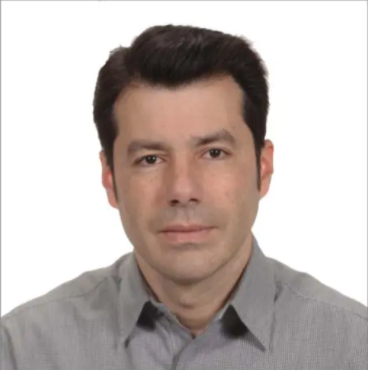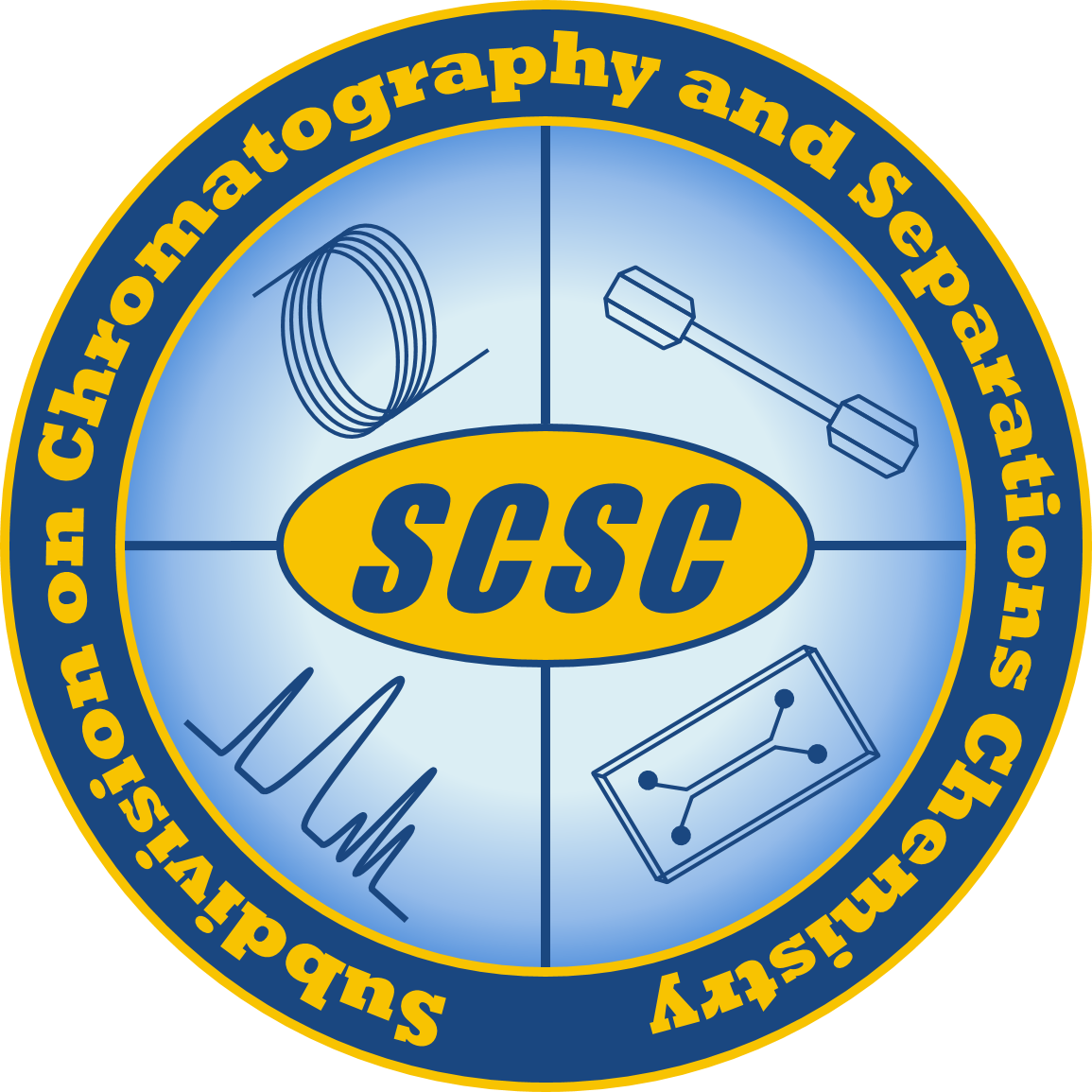In Praise of Internships – Undergraduate and Graduate
For this month’s blog, I wish to cast the net a bit wider than usual, beyond the waters of separation science and outward toward the broader seas of analytical chemistry and, if I may, all of chemistry. As foreshadowed by the title, I wish to discuss student internships. By way of preamble and full disclosure, I never participated in one myself. I did a semester of undergraduate research with one of my organic chemistry professors at my alma mater, the University of New Orleans, a wonderful experience, but mostly I worked, both full- and part-time (and, at one time, both simultaneously) in environmental laboratories in the greater New Orleans area. This proved to be an invaluable educational experience while simultaneously providing financial support.
However, undergraduate research and a job or jobs are not the same as an internship. Over the course of the last few decades, I have had the opportunity to work full-time in industry, academia, and government. In industry, I was able to mentor undergraduate and graduate summer interns from both large research universities as well as smaller historically black colleges and universities (HBCUs). As part of my present job at the National Institute of Standards and Technology (NIST), from 2018 through 2020 I was Material Measurement Laboratory co-director of our Summer Undergraduate Research Fellowship (SURF) program (https://www.nist.gov/surf). As part of this program, several hundred students spend between 8 and 11 weeks at a NIST facility (mainly, Gaithersburg, Maryland or Boulder, Colorado), performing research under the mentorship of one or more scientists (after one cancelled year and one semi-virtual year because of Covid-19, the program has restarted in full swing once again). I’ll table the discussion of my involvement with internships as a university professor until we talk about graduate internships.
The title of this blog has probably given away that I believe internships are important to students. Why? Based on first-hand observations and conversations with numerous student interns and their supervisors, I can point to several reasons. First, there is an excitement to applying concepts learned in school to out-of-school problems, especially if these are “real world” problems and not the university lab course experiments that students have been conducting, over and over, sometimes for generations. Thus, students are offered a new perspective on the value of their education. Second, even those students who think of themselves as “the brightest” soon realize how much they still must learn. Most will now strive to do so, enthusiastically. Students who aren’t, or never thought of themselves as, “book smart” can learn the value of other skills they may possess, such as perseverance, collegiality, willingness to work hard, and enthusiasm in embracing new tasks. Third, seeing how science is conducted and, equally important, what conduct is expected of scientists (for example, laboratory safety, punctuality, good record-keeping, good communications skills, and being a reliable team member, among others) is an education in and of itself. Last, working with one or more mentors has the real potential of not just expanding a student’s scientific horizons but also of establishing a long-lasting, sometimes lifelong relationship with a senior scientist, someone who can help with letters of recommendation and with establishing connections. Perhaps most importantly, this person can provide disinterested advice across the arc of a current intern’s career, from graduate school to postdoc and permanent job to deciding upon how to deal with work conflicts or whether to switch companies or which career path, scientific or management, to follow. Indeed, studies have shown that those happiest at their jobs, in the long term, have one thing in common: Rather than salary, title, degree, or supposed prestige of university attended, it is those who found a mentor early in their careers, preferably while still undergraduates, who are happiest at what they do. (Perhaps mentoring should be the topic of a future blog).
Certainly, supervising a summer or semester-long intern is a demanding task for any scientist, most of whom are already burdened with a multitude of meetings, tasks, meetings, deadlines, meetings, instrument repairs, and still more meetings (“If you had to identify, in one word, the reason why the human race has not achieved, and never will achieve, its full potential, that word would be 'meetings’” – Dave Barry). Having an internship program is also a substantial cost to an institution. Yet, an abundance of these programs exists because the benefits are obvious: interns bring with them energy, enthusiasm, and a fresh set of eyes through which to look at problems; they afford both companies and interns an opportunity to evaluate each other regarding potential future employment; and they are critical in maintaining a well-trained workforce.
It is not difficult to find such programs. Even as general a Google search as “Internship programs for chemistry students” provides a wealth of useful returns, and the American Chemical Society’s website has a page with hyperlinks devoted to this very topic (https://www.acs.org/education/students/college/experienceopp.html). Although the number of chemistry students participating in internship programs each year is likely in the thousands, I’d venture this figure constitutes only a minority percentage of chemistry undergraduates. Certainly, many cannot afford to do so, even in the case of paid internships, which is what most internships are. There may be other reasons beyond financial for not participating in such programs. However, it is up to college professors, advisors, and administrators to make sure that students are at least aware of these opportunities and to guide them toward the most apposite choices. Companies and laboratories try their best to advertise their internship programs to universities. However, we can do better with this, especially regarding recruiting interns from underrepresented groups and from HBCUs and minority-serving institutions. Most students will learn about these programs through a particular faculty contact or office at their university, though, and hence the added importance of the academic side of this equation.
Engineering schools have long appreciated the benefits of internships, especially but not limited to fields such as chemical, mechanical, and civil engineering. These usually take place during the summer either preceding or following a student’s junior year. In my experience, chemical engineering departments usually have much more vigorous internship programs than their chemistry counterparts. Although there are most definitely other issues at play here (for example, supply versus demand of chemical engineers versus chemists), as someone who worked for several years for a multi-billion-dollar chemical company, I can state that internship experience is certainly one factor that justifies why starting salaries for bachelor’s-level chemical engineers are so much higher than for bachelor’s chemists.
Let us now turn, briefly, to the topic of graduate internships. As I mentioned earlier, during my time in industry I had the pleasure of supervising not only undergraduate but also graduate summer interns. I found it a most rewarding experience and the feeling appears to have been mutual. I applaud the students’ academic advisors for allowing them to apply for and perform such internships. As a university professor (full disclosure: assistant professor, tenure-track), I must admit I did not actively seek out internship opportunities for my graduate students, which I regret. However, if one of the graduate students in my group approached me about such an internship, I always allowed that person to take advantage of the opportunity. Most of the benefits outlined above regarding undergraduate internships also apply to graduate ones. In the latter, though, students will probably find they are now treated, not as students, but as degreed scientists whose opinions and contributions to a project are appreciated and given proper weight. Upon returning to school, they are happy and eager to share details about their experience with other graduate students, and, like professors returning from a sabbatical, they have a renewed energy and enthusiasm for their work. And yet, when I speak to professors (regardless of rank) at research universities of the value of graduate internships and of how students (and, let’s be honest, companies) will likely benefit most if these happen during the third or so year of graduate school, after coursework and cumulative examinations are completed and some advanced lab experience has been gained, I overwhelmingly hear one answer from professors: “But, that is exactly when the student will be most useful to me!” We seem to have forgotten the role of the university and of the graduate advisor as regards a student’s overall education, and that we are preparing students for their careers (while they help further ours).
In closing, I would strongly encourage any undergraduate and graduate students reading this to apply for an internship at either a chemical, pharmaceutical, or related company or at a national lab or institute. I would also very strongly encourage colleges and universities to emphasize to students the importance of internships and to continue making students aware of the opportunities available. Finally, I continue to exhort graduate advisors to encourage and allow their doctoral, and perhaps even master’s, students to participate in internships. They will likely thank you for this for the rest of their careers.
André M. Striegel obtained his bachelor’s and Ph.D. in chemistry from the University of New Orleans. He performed postdoctoral research at the USDA’s National Center for Agricultural Utilization Research and then worked for a number of years in the chemical industry, for Solutia Inc. (now Eastman Chemical). From industry he went on to Florida State University, where he was assistant professor of both analytical and materials chemistry. Since 2011, he has been at the National Institute of Standards and Technology (NIST), where he is currently Scientific Advisor in the Chemical Sciences Division. André is the author of over 90 peer-reviewed scientific publications, lead author of the second edition of “Modern size-exclusion liquid chromatography,” editor of the book “Multiple detection in size-exclusion chromatography,” past associate editor of the Encyclopedia of Analytical Chemistry and, since 2015, editor of Chromatographia. He has received a number of awards, including the inaugural ACS-DAC Award for Young Investigators in Separation Science, and was also inaugural Professor in Residence for Preservation Research and Testing at the US Library of Congress. His interests lie principally in the area of macromolecular separations, both fundamental and applied.


This blog is a collaboration between LCGC and the American Chemical Society Analytical DivisionSubdivision on Chromatography and Separations Chemistry (ACS AD SCSC). The goals of the subdivision include:
- promoting chromatography and separations chemistry
- organizing and sponsoring symposia on topics of interest to separations chemists
- developing activities to promote the growth of separations science
- increasing the professional status and the contacts between separations scientists
For more information about the subdivision, or to get involved, please visit https://acsanalytical.org/subdivisions/separations/.
The 2025 Lifetime Achievement and Emerging Leader in Chromatography Awards
February 11th 2025Christopher A. Pohl and Katelynn A. Perrault Uptmor are the winners of the 18th annual LCGC Lifetime Achievement and Emerging Leader in Chromatography Awards, respectively. The LCGC Awards honor the work of talented separation scientists at different stages in their career (See Table I, accessible through the QR code at the end of the article). The award winners will be honored during an oral symposium at the Pittcon 2025 conference held March 1-5, in Boston, Massachusetts.
